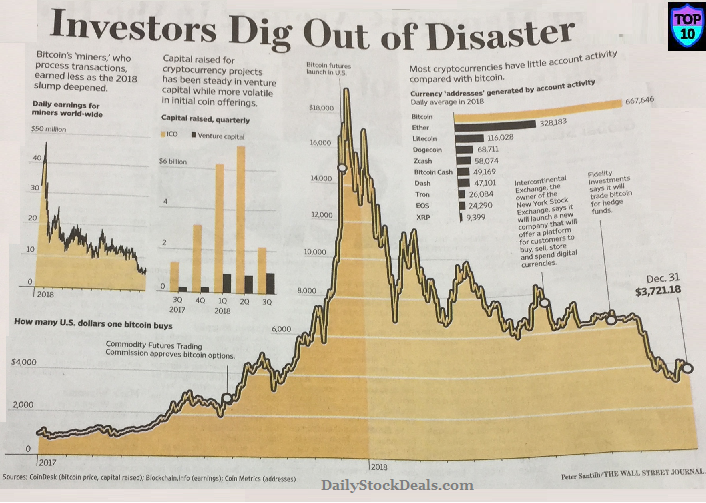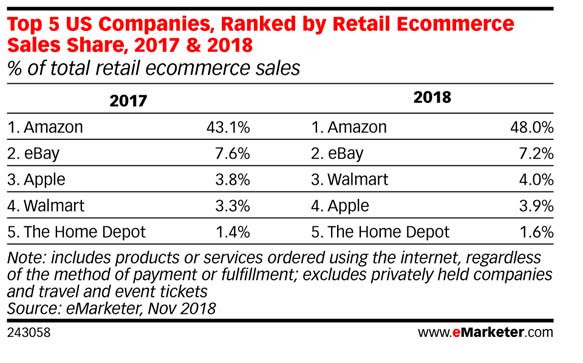
U.S. Attorney General Jeff Sessions on Thursday announced a targeted crackdown on fentanyl (Jonathan Ernst/Reuters)
Synthetic cannabinoids: What are they?
Synthetic cannabinoids can cause severe illness and death.
Warning! The Illinois Department of Public Health (IDPH) has received reports of multiple cases, including some deaths, of severe bleeding among people who have used contaminated synthetic cannabinoids. Other states also have reported similar cases. If you have purchased any of this product (e.g., K2, spice, and synthetic marijuana) since March 1, 2018, do not use it. In addition to these particular products, consumption of any synthetic marijuana poses health risks and should be avoided. If you have used any of these products and start experiencing severe, unexplained bleeding or bruising, please have someone take you to the hospital immediately or call 911. Do not walk or drive yourself. Tell your health care providers about the possible link between your symptoms and synthetic cannabinoid use. CDC’s Clinical Action alert
See how one small company trading on OTC went from a mere $0.20 cents to $9.00 in just 6 months!
CVSI has risen rapidly in the past six months, the company’s market cap is well over $700 million dollars today!
CVSI was known as CannaVest Corp. came under SEC scrutiny in the past. See the details below:
https://dailystockdeals.com/more/financial-press/1235-sec-charges-ceo-and-hemp-oil-company-with-fraud-securities-and-exchange-commission-v-cannavest-corp-a-k-a-cv-sciences-cvsi-and-michael-j-mona-jr
CVSI is now on a tear after reaching a settlement with the SEC.
A remarkable story of CVSI see chart

Synthetic cannabinoids are not one drug. Hundreds of different synthetic cannabinoid chemicals are manufactured and sold. New ones with unknown health risks become available each year. Synthetic cannabinoids are popular because users often believe they are legal and relatively safe.
These chemicals are called cannabinoids because they act on the same brain cell receptors as tetrahydrocannabinol (THC), the main active ingredient in marijuana. However, the hundreds of known synthetic cannabinoid chemicals and THC are different chemicals. In fact, synthetic cannabinoids may affect the brain in different and unpredictable ways compared to marijuana.
Synthetic cannabinoids are used in a variety of ways:
· Sprayed onto plant material and smoked
· Mixed into a liquid and vaped in electronic nicotine delivery devices (such as e-cigarettes)
· Added to herbal tea or to food and swallowed
Synthetic cannabinoids are widely available.
Consumers can buy synthetic cannabinoids in convenience stores, from individual drug dealers, or online as incense or natural herbal products.They are sold under a number of brand names, including
· K2
· Spice
· AK-47
· Mr. Happy
· Scooby Snax
· Kush
· Kronic
Many synthetic cannabinoids are illegal.
· The federal government has banned many specific synthetic cannabinoids. Many state and local governments have passed their own laws targeting other synthetic cannabinoids.
· Recent federal and state laws targeting synthetic cannabinoids have banned general categories of ingredients, rather than specific chemicals.
· Makers of synthetic cannabinoids try to get around these laws by creating new products with different ingredients or by labeling them “not for human consumption.”
Synthetic cannabinoid products are unsafe. It is hard to know what the products contain or what your reaction to them will be.
· There are no standards for making, packaging, or selling synthetic cannabinoid chemicals. That means that two packets of a brand-named product may have completely different chemicals.
· The amount of the synthetic cannabinoid chemical(s) can vary between batches or even within the same batch.
· Synthetic cannabinoid products may also be contaminated with other drugs or toxic chemicals, such as synthetic cathinones (“bath salts,” “flakka”).
Synthetic cannabinoids can harm your health.

Synthetic cannabinoids can cause severe illness and death.
Synthetic cannabinoids can affect brain function. Signs and symptoms include:
· Agitation and irritability
· Confusion and concentration problems
· Hallucinations, delusions, psychosis, suicidal thoughts, and violent behavior
· Seizures
· Sleepiness and dizziness
Fentanyl: a powerful synthetic opioid, is often mixed into heroin or cocaine. It is 50 times more powerful than heroin, 100 times more powerful than morphine and can kill a user almost instantly.
By Sari Horwitz
Reporter
Washington Post
CONCORD, N.H. — Attorney General Jeff Sessions on Thursday ordered federal prosecutors in 10 areas that have been especially hard-hit by overdose deaths from fentanyl to bring drug charges against anyone suspected of dealing the synthetic opioid, regardless of quantity.
An additional prosecutor will also be sent to each of the designated areas in Ohio, Tennessee, Kentucky, West Virginia, Maine, California and Pennsylvania as well as in New Hampshire, Sessions said.
“Fentanyl is a killer drug,” Sessions said in an interview Thursday morning as he flew to New Hampshire to meet with state and local law enforcement officials about the fentanyl crisis. “Fentanyl is so powerful that the slightest error in how much you take can go from this extremely pleasurable feeling to death.”
According to the Centers for Disease Control and Prevention, more than 42,000 Americans died of opioid overdoses in 2016, a figure driven by a dramatic surge in deaths from fentanyl and other synthetic opioids.
West Virginia had the highest number of drug overdoses, with 52 deaths per 100,000 residents, while New Hampshire and Ohio were the next-highest-ranking states, with 39 deaths per 100,000 residents.
“Having a prosecutor solely dedicated to working these fentanyl cases is going to be a huge, enormous benefit to us here,” said Brian Boyle, the Drug Enforcement Administration special agent in charge of the New England Field Division, who described the fentanyl problem as “scary.”
“The amount of fentanyl we’re seeing is affecting everybody, all walks of life, all communities,” Boyle said. “You’re seeing it in rural areas, urban areas, big cities, middle-of-nowhere areas in New England.”
Fentanyl, a powerful synthetic opioid, is often mixed into heroin or cocaine. It is 50 times more powerful than heroin, 100 times more powerful than morphine and can kill a user almost instantly.
Source: CDC, Washington Post, Oxbridge Research, Daily Stock Deals






